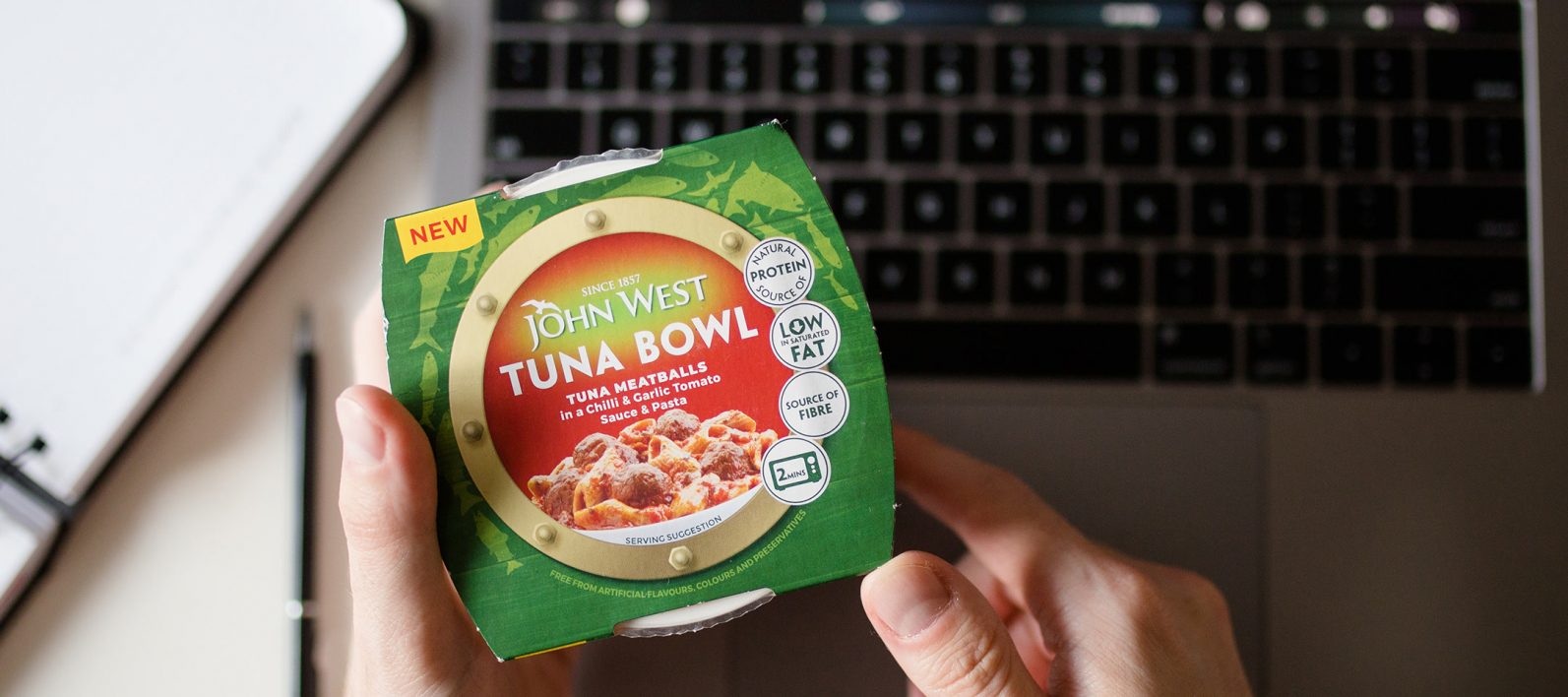This website uses cookies so that we can provide you with the best user experience possible. Cookie information is stored in your browser and performs functions such as recognising you when you return to our website and helping our team to understand which sections of the website you find most interesting and useful.

Home » Feed Your Health » Nutrition »
You’ve probably heard the phrase “empty calories”. Empty calories are foods that supply calories but little or no other nutrition. Think of soft drinks. These are essentially sugar and water. They will give you calories (usually from sugar) but no protein, vitamins, minerals, antioxidants, fibre or any of the other nutrients your body actually needs. This means that you have to make very, very healthy food choices throughout the rest of the day if you are going to be able to nourish your body properly.
Every time you eat you have the opportunity to give your body something really nourishing – something that’s going to help build muscle, metabolise your food or reduce fatigue. Every time you eat you can add something more to you your body than just calories. We take a look at some of the foods you can choose throughout the day to help you make the most of every bite.
- Eggs:well known as an excellent source of protein, eggs are also rich in B vitamins and selenium. The egg yolk is particularly nutritious and has two antioxidants, lutein and zeaxanthin, which may help to protect your eyes as you get older.
- Green Vegetables: green vegetables are a special group of veg that can give your body vitamin K, folic acid, iron and even some calcium. Look to spinach for iron, kale for calcium and asparagus for folic acid. Add to smoothies, salads and stir fry’s or try asparagus as the perfect “soldiers” to dip in your boiled egg.
- Sunflower seeds: all seeds have to contain the nutrients a new plant needs to germinate and grow making. This makes seeds a concentrated source of several minerals. Sunflower seeds are rich in magnesium, which contributes to your electrolyte balance, as well as zinc, copper and iron. Add seeds to breakfast cereals and yoghurt or sprinkle over a salad. Seeds make a great snack in between meal and, being rich in fibre, are great for helping to keep you regular too.
- Mackerel: a great source of protein and omega-3 fats, mackerel is also rich in vitamin D, which helps to maintain normal muscle; vitamin B12 and niacin, which help to reduce tiredness, and selenium which helps to protect from oxidative stress. Try mackerel in salads and pate or add to simple pasta dishes.
- Cheddar cheese: although it is pretty high in fat and calories don’t rule cheese out of a healthy plan. Cheese is still a very nutritious food. Well known for calcium cheese is also rich in phosphorus, needed for healthy bones; iodine which helps to keep your thyroid healthy as well as zinc, vitamin A and folic acid. Handy as a snack or to top pasta and salads.
- Hazelnuts: although almonds have been getting all the glory recently, don’t overlook other nuts as a great package of nutrition. Hazelnuts are a good source of iron, copper, zinc, manganese and vitamin E. Handy as a snack or a topping for breakfast cereals and yoghurt. Also good eaten with dark chocolate.
- Citrus: oranges, lemons, limes and grapefruit are all excellent sources of vitamin C, fibre and antioxidants. Vitamin C is important in helping to keep your immune system healthy: add a grapefruit to your breakfast or an easy-peel orange to your mid morning snack.
- Dark chocolate: if you want to reduce your sugar but still enjoy a treat, then dark chocolate is a good place to start. Dark chocolate is incredibly high in iron – a 100g bar has over 65% of your daily requirement. Add to this zinc, magnesium, copper and phosphorus and you have a treat really worth celebrating. Pair 50g of dark chocolate with a handful of hazelnuts or almonds for a really nutritious treat.

